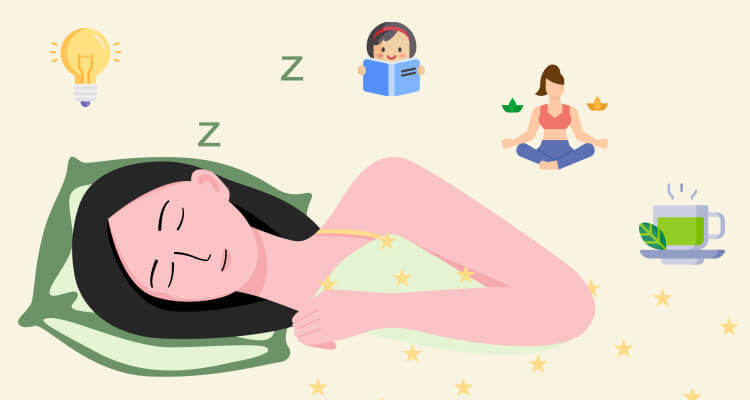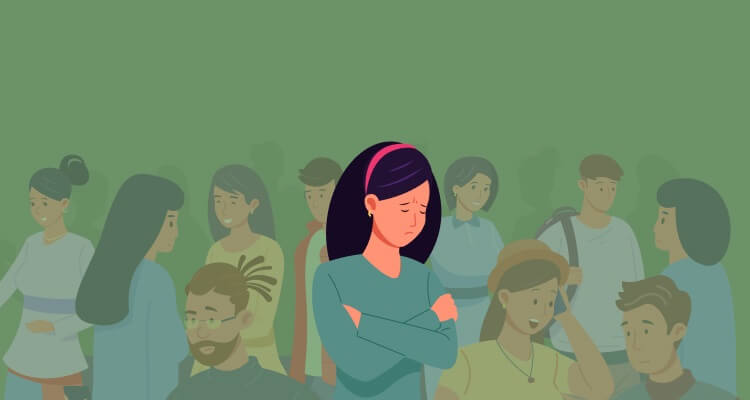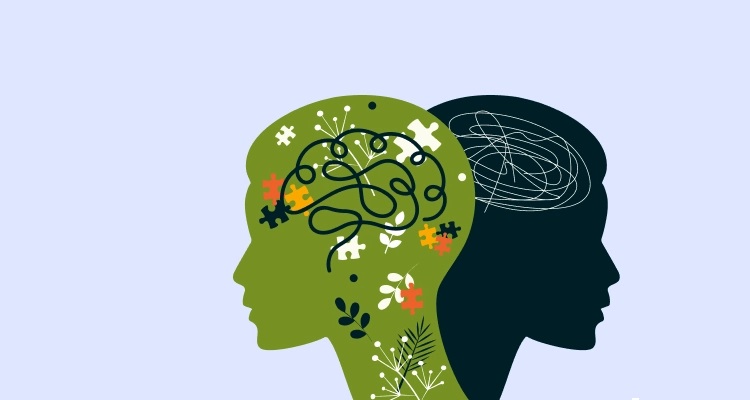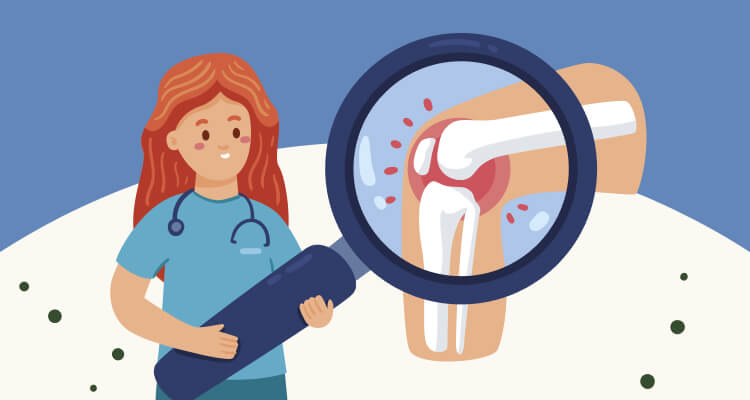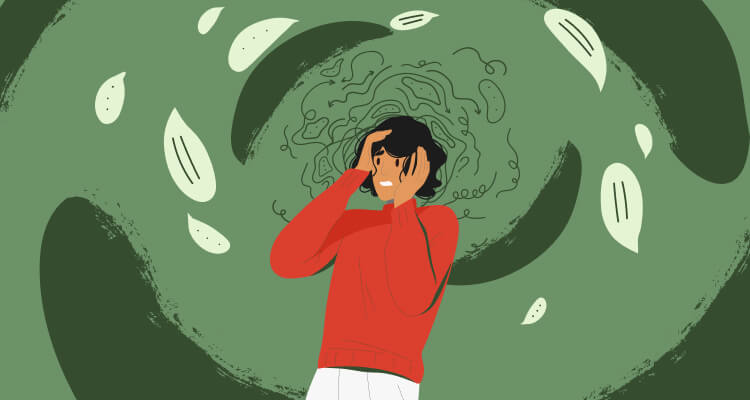In a world increasingly defined by fast-paced lifestyles and constant connectivity, anxiety and depression have emerged as significant mental health challenges affecting millions. While modern medicine offers effective treatments such as therapy and medication, many are turning to alternative approaches like Ayurveda, an ancient system of healing that emphasizes balance and holistic well-being. But how do these two paradigms compare in addressing anxiety and depression?
Let’s explore the principles of Ayurveda alongside modern medical practices, examining their benefits, limitations, and the potential for a complementary approach that can lead to enhanced mental wellness.
Ayurveda’s Comprehensive Approach to Anxiety and Depression
Ayurveda, with its 5,000-year-old wisdom, emphasizes the balance between body, mind, and soul to address anxiety and depression in a sustainable way.
Ayurveda offers a deeply rooted and holistic approach to managing anxiety and depression, focusing on restoring balance within the mind and body. Unlike modern medicine, which often targets symptom relief, Ayurveda seeks to address the underlying causes of emotional disorders through a multi-faceted treatment strategy.
Understanding the Root Causes According to Ayurveda
In Ayurveda, anxiety and depression are not seen as isolated issues but as imbalances in the body’s energies (doshas). Specifically, these conditions are specifically associated with emotional disorders caused by:
- The malfunctioning of sensory faculties due to excessive stimulation.
- Intellectual errors, where decisions and actions conflict with one’s innate wisdom.
- External factors such as seasonal changes or lifestyle disruptions.
Rather than simply alleviating symptoms, Ayurveda aims to correct these imbalances and restore harmony in both the physical and mental realms.
A Three-Fold Treatment Strategy
Ayurvedic treatment focuses on restoring balance through three primary methods:
- Faith-based healing through practices like chanting mantras, fasting, discipline, and vows.
- Rational treatments include herbal medicine, diet, and Panchakarma detoxification.
- Psychotherapy aimed at gaining control over the mind through practices like consolation and positive psychology.
Mind-Body Therapies and Panchakarma
Ayurveda includes therapies that directly enhance mental and emotional well-being. Herbal oil therapies include the pouring of warm oil on the forehead and head massage to help strengthen sensory faculties and soothe the nervous system, promoting calmness and emotional balance.
Additionally, Panchakarma treatments such as nasal cleansing (Nasya ), purgation (Virechana), and medicated enemas (Vasti) are designed to detoxify the body and restore gut health, which plays a critical role in mental health, as they impact serotonin production.
The Power of Cognitive Enhancers (Medhya Rasayanas)
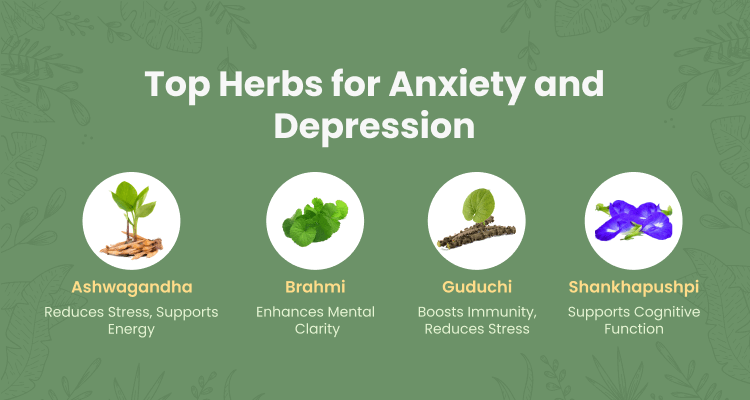
Ayurveda also uses nootropic and adaptogenic herbs (Medhya Rasayanas) to support mental clarity, cognitive function, and emotional resilience. Herbs like Guduchi, Brahmi, Ashwagandha, and Shankhapushpi are used to improve memory and focus, boost resilience to stress and restore balance in brain chemistry naturally.
By enhancing an individual’s mental resilience through Ayurvedic treatments, along with the mindful use of cognitive enhancers and yoga, Ayurveda offers a truly holistic healing approach.
Modern Medicine’s Approach to Treating Anxiety and Depression
In contrast, modern medicine views anxiety and depression primarily as neurochemical imbalances that can be corrected with medical interventions. These approaches are twofold:
Pharmacological Treatments
Modern medicine typically begins treatment with medications such as:
- Anxiolytics: To reduce anxiety symptoms by balancing neurotransmitters. Eg. Benzodiazepines-XANAX, ATIVAN
- Antidepressants:
SSRIs eg. Prozac, zoloft, SNRIs (eg: Effexor XR, and tricyclic antidepressants (eg. Elavil, Pamelor) help regulate serotonin and dopamine levels in the brain.
While these medications can provide rapid symptom relief, they may come with side effects, including dependency, weight gain, and emotional blunting.
Non-Pharmacological Interventions
TMS (Transcranial Magnetic Stimulation): A non-invasive approach that employs magnetic fields to stimulate brain nerve cells.
DBS (Deep Brain Stimulation) and ECT (Electroconvulsive Therapy): Used in severe cases, these therapies alter brain activity and can alleviate symptoms of depression.
Phototherapy: Often used for seasonal depression, this treatment involves exposure to bright light to improve mood and regulate sleep.
Modern medicine also incorporates psychotherapeutic methods such as:
- Cognitive Behavioral Therapy (CBT):Aims to alter negative thought patterns
- Mindfulness-Based Techniques (MBT): These help individuals remain grounded in the present moment to reduce anxiety.
- Rational Emotive Behavior Therapy (REBT) and NLP (Neuro-Linguistic Programming): Techniques that help reframe emotions and reactions.
While effective, modern treatments focus primarily on symptom management, often requiring long-term medication or therapy without addressing the root causes.
Key Differences: Ayurvedic vs. Modern Treatments
Causative vs. Symptomatic Approach
Ayurveda takes a cause-and-effect approach, treating emotional disorders by correcting Dosha imbalances and improving gut health, which is closely linked to brain function. The use of Panchakarma therapies and cognitive tonics aim to restore balance and mental clarity, addressing both the mind and body holistically. Additionally, measures to control the mind from unwholesome associations focus on avoiding intellectual errors and following the ethical guidelines of social conduct, known as code of behavior, to promote mental resilience and emotional balance.
In contrast, modern medicine follows a symptomatic approach, often focusing on alleviating the symptoms of anxiety and depression through medications that adjust neurotransmitter levels. While effective in the short term, this method doesn’t always provide long-term solutions or address underlying causes like lifestyle, diet, or emotional well-being.
Holistic Healing vs. Quick Fix
Ayurveda’s integrated therapies, including dietary adjustments, yoga, herbal medicine, and detox, create a lasting sense of balance and mental wellness. By addressing emotional, physical, and environmental factors, Ayurveda provides a path to long-term relief.
Modern medicine, while offering quick symptom relief, often depends on continuous medication and therapy sessions. It can be beneficial in acute cases, but over time, side effects and dependency may arise.
Why Choose Ayurveda for Mental Health Issues?
Modern medicine has been the primary treatment method globally due to its evidence-based approach. However, complementary and alternative systems like Ayurveda and yoga have gained popularity among individuals experiencing various mental health conditions. Many seek these alternatives because they are dissatisfied with their overall health outcomes and concerned about the side effects associated with long-term use of conventional medications.

- Root Cause Treatment
Ayurveda doesn’t just treat the symptoms—it addresses the root cause of anxiety and depression. By identifying the emotional triggers caused due to the imbalance of energies (tridosha (Vata, Pitta and Kapha)), Ayurveda works to restore harmony within the entire mind-body system.
The modern conventional medicine approach primarily focuses on stabilizing mood through mood stabilizers and antidepressants, aiming to restore biochemical balance in the body and mind. In contrast, Ayurveda employs a bio-psycho-social approach, which is viewed as more holistic. It is a comprehensive method that aims to restore normal brain function while rejuvenating the body, mind, and soul.
- Personalized, Holistic Care
Ayurveda recognizes that every individual is unique. Unlike modern medicine, which often relies on a one-size-fits-all approach to medication, Ayurveda tailors treatments to individual body and mental constitution. It includes herbal supplements, dietary changes, and practices like yoga and meditation, creating a holistic treatment plan.
- Fewer Side Effects
Medications like antidepressants and anxiolytics, while effective, often come with side effects such as drowsiness, dependency, weight gain, and emotional numbing.
Ayurveda, on the other hand, relies on natural herbs and therapies that have minimal to no side effects when used properly. Herbs like Ashwagandha and Brahmi can effectively reduce anxiety and improve mood without the adverse effects associated with long-term pharmaceutical use.
- Long-Term Solutions
Ayurvedic treatments aim to provide long-lasting relief rather than temporary symptom management. By promoting lifestyle changes, mindfulness practices, and stress reduction techniques, Ayurveda helps individuals develop emotional resilience, making them less reliant on medications over time. Regular practice of therapies help to strengthen the nervous system, fostering emotional balance and mental clarity.
Begin the Ayurvedic Journey to Relieve Anxiety and Depression
In summary, starting an Ayurvedic approach to anxiety and depression offers a comprehensive and tailored path to mental wellness. Unlike conventional treatments that mainly address symptoms, Ayurveda delves into the root causes, fostering a balanced mind and body.
With its emphasis on natural remedies, detoxification, and techniques that build emotional strength, Ayurveda paves the way for lasting mental peace and clarity. For an all-encompassing health solution, consider LYBL, where personalized care meets holistic healing.
LYBL’s tailored programs feature expert consultations, evidence-based supplements, customized diet and lifestyle recommendations, and therapeutic yoga sessions, all designed specifically for your needs. By addressing the underlying causes of your health issues, LYBL employs scientifically validated methods to help you manage current conditions, prevent future problems, and achieve optimal health.










